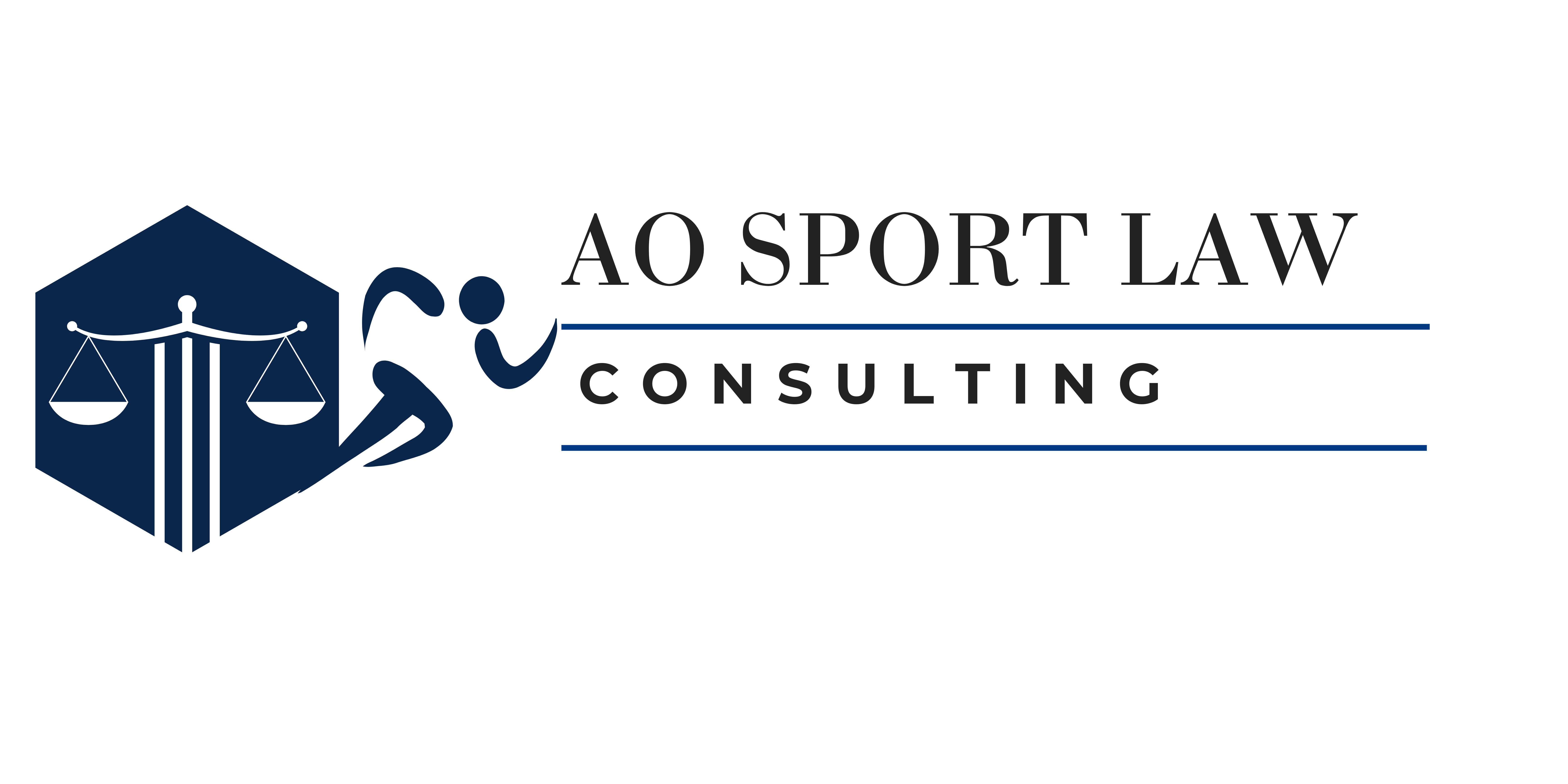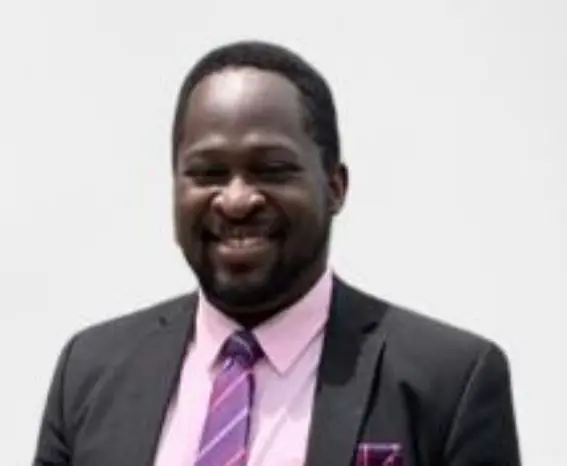In an insightful discussion, international legal practitioner, Adedotun Olusanya shares his perspectives on the impact of Intellectual Property Law and Sports Governance on the sports industry, shedding light on issues of accessibility and fairness among others.
Olusanya begins by reflecting on his initial foray into legal research concerning the intersection of law and the sports industry. Under the mentorship of Professor Bankole Sodipo, a prominent figure in Intellectual Property Law in Nigeria, Olusanya explored the legal framework surrounding sports broadcast rights, particularly within the Nigerian context.
He highlights a significant disparity observed during the AFCON 2013, where Nigerian viewers were unable to access the event on national television due to exclusive rights held by a cable TV station. This situation, he notes, not only raised issues of accessibility but also questioned the fairness of distribution, especially for those unable to afford cable subscriptions or residing in areas beyond cable coverage. Olusanya’s research pointed out shortcomings in the implementation of regulatory obligations by the National Broadcast Commission, underscoring the need for more equitable dissemination of broadcast rights.
Drawing from his educational background, which includes certificates in Sports Law and Criminal Defense, Olusanya discusses the potential synergy between these specialties in his future career path. He emphasizes the relevance of Criminal Defense expertise in addressing issues such as doping in sports, where the legal standards differ significantly from conventional criminal cases. In doping cases, the legal standard is a strict liability because it does not take cognizance of the athlete’s fault, negligence, recklessness or otherwise. Once the banned substance is found in the athlete’s system, then he/she has violated the doping regulations and would be banned. However, in conventional Criminal Law cases, the standard of proof is beyond reasonable doubt.
His experience in negotiating athlete contracts; corporate naming rights in sporting organizations; endorsements and image rights protection for professional athletes form the bedrock of Intellectual Property Law practice that are necessary for navigating complexities surrounding sports-related issues.
These issues underscores the multidimensional nature of his legal practice. Adedotun reiterates the importance of image rights protection for professional athletes in modern sports because this forms 60% of revenues for the most elite of professional sportsmen, citing examples of how image rights considerations have been used to devastating effects by Lionel Messi, Cristiano Ronaldo, Tiger Woods, Stephen Curry, LeBron James and even retired athletes like Tom Brady, Michael Jordan and Shaquille O’Neal. He stressed that majority of professional contracts are held up during protracted negotiations because there is a need to carry out due-diligence between endorsement deals an athlete may have signed or yet to sign to avoid conflicts of interests and legal implications of “ambush marketing” issues between the athlete’s sponsor and the sport club’s sponsor. He stresses that professional athletes via image right protection possess a solid proof legal measure of exploiting their name and likeness for more favourable and lucrative terms during and after their retirements.
“Image rights have even become more important after retirement because athletes like Michael Jordan, Shaquille O’Neal, David Beckham, Thierry Henry, Austin Okocha and Kanu Nwankwo have proven that retired athletes can still have potential earning capacities even after they are no longer competing actively. I feel the need to stress this because I am always sympathetic towards the plights of past sport heroes especially in Nigeria whenever public solicitation for funds are made to support them. Do not get me wrong, life can happen to anyone and we may need support at one point or the other but young and professional athletes must take note of the necessity of employing a lawyer who understands the mode of operation of the global sport industry with adequate legal knowledge in order to succeed”.
In addition to his contributions to legal scholarship and practice, Olusanya has been a vocal advocate for the protection of sports broadcast rights and the rights of TV users in Nigeria. His research and advocacy shed light on issues of accessibility and fairness in accessing sporting events of national importance.
Through his analysis of the legal framework surrounding sports broadcast rights, Olusanya has highlighted the importance of regulatory bodies like the National Broadcast Commission (NBC) in ensuring equitable distribution of broadcasting rights and promoting broader access to sports content for all Nigerians.
Furthermore, Olusanya’s expertise extends to sports governance, where he has conducted significant research aimed at enhancing transparency and accountability within sporting organizations, particularly FIFA. His work in this area underscores his commitment to promoting ethical practices and fostering positive developments within the sports industry, both locally and internationally. Olusanya’s passion for sports governance emerges as a central theme in his research endeavors. He views sports as a powerful unifying force with far-reaching societal impacts, prompting his exploration of governance structures aimed at enhancing transparency and accountability within organizations like FIFA. His academic pursuits, including publications focused on reforming FIFA’s governance, reflects a commitment to promoting integrity and fairness in sports administration. He explored legal issues around corporate governance structure of FIFA with their attendant international law implications in “Beyond Sport Governance: Constructing a Veritable Platform for Transparency and Accountability in FIFA” and “Reforming FIFA Inside-Out: Fit-for-Purpose Governance Structure for the Global Soccer Governing Body”.

